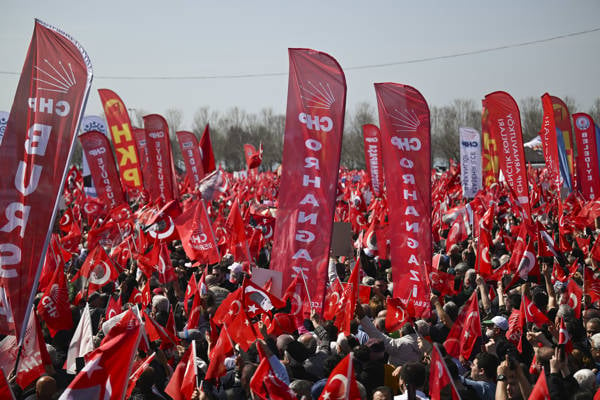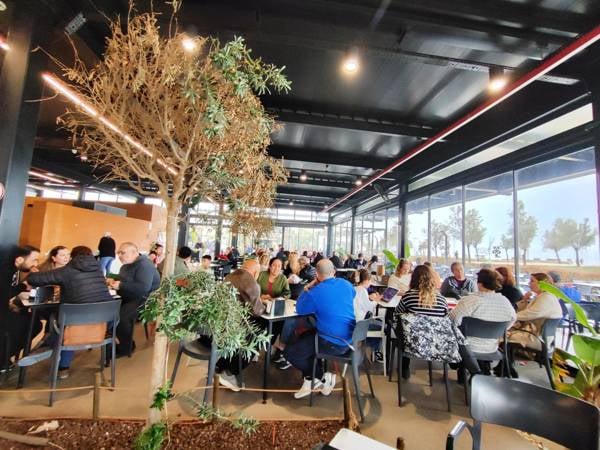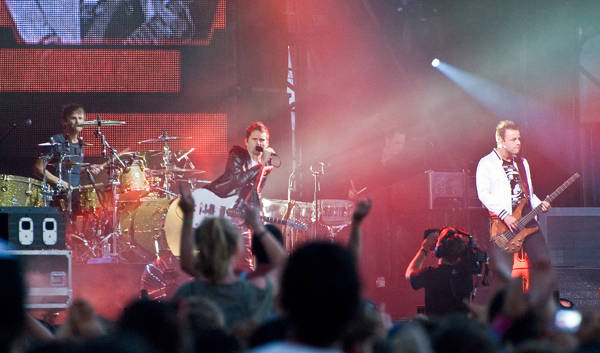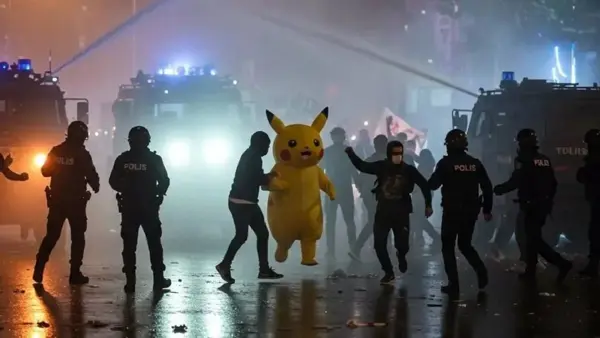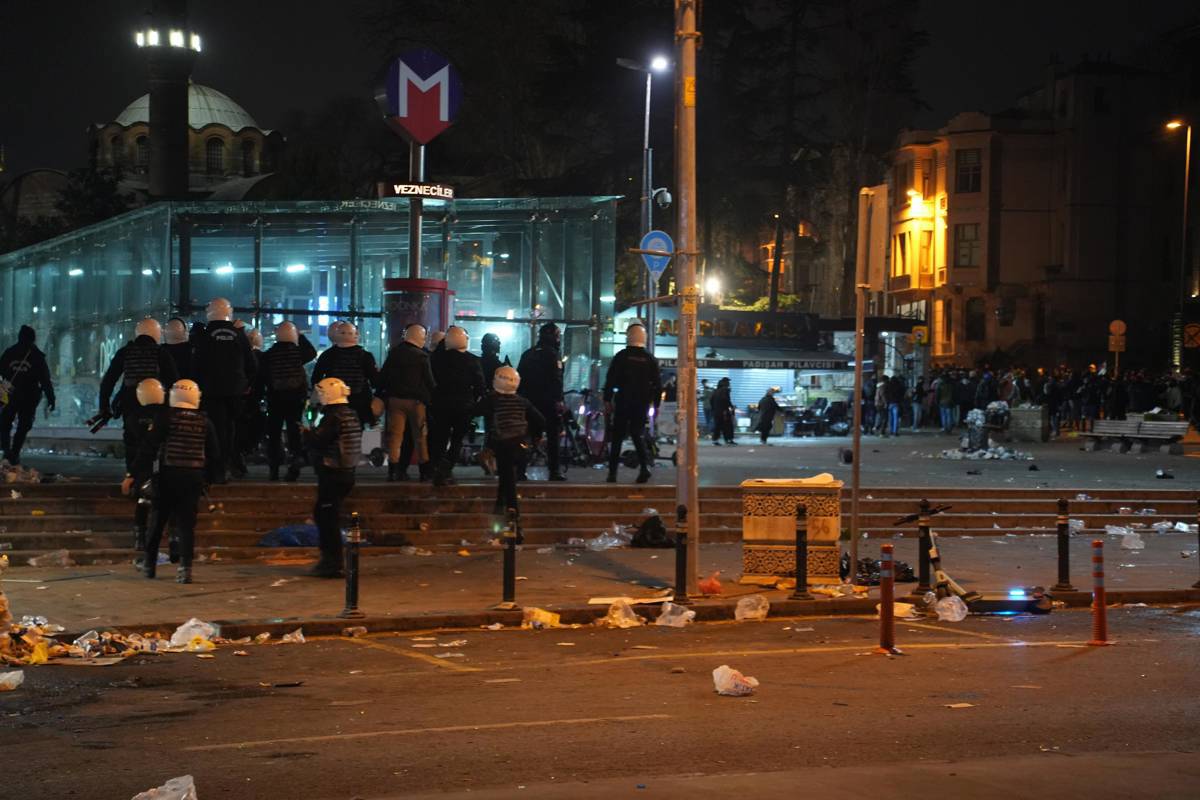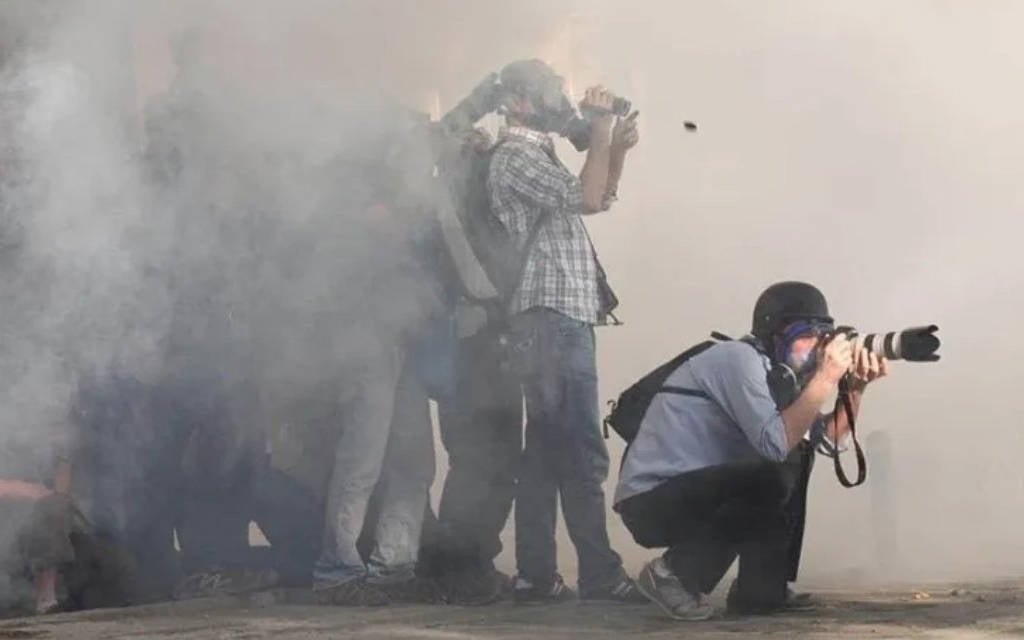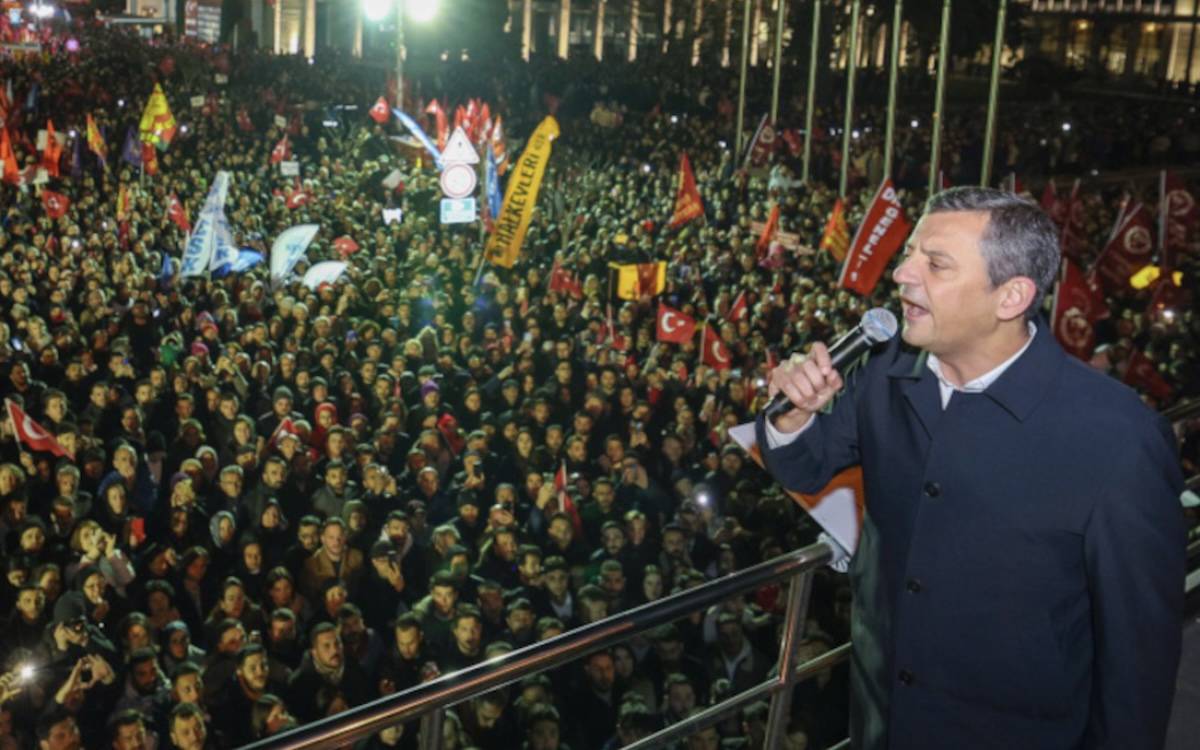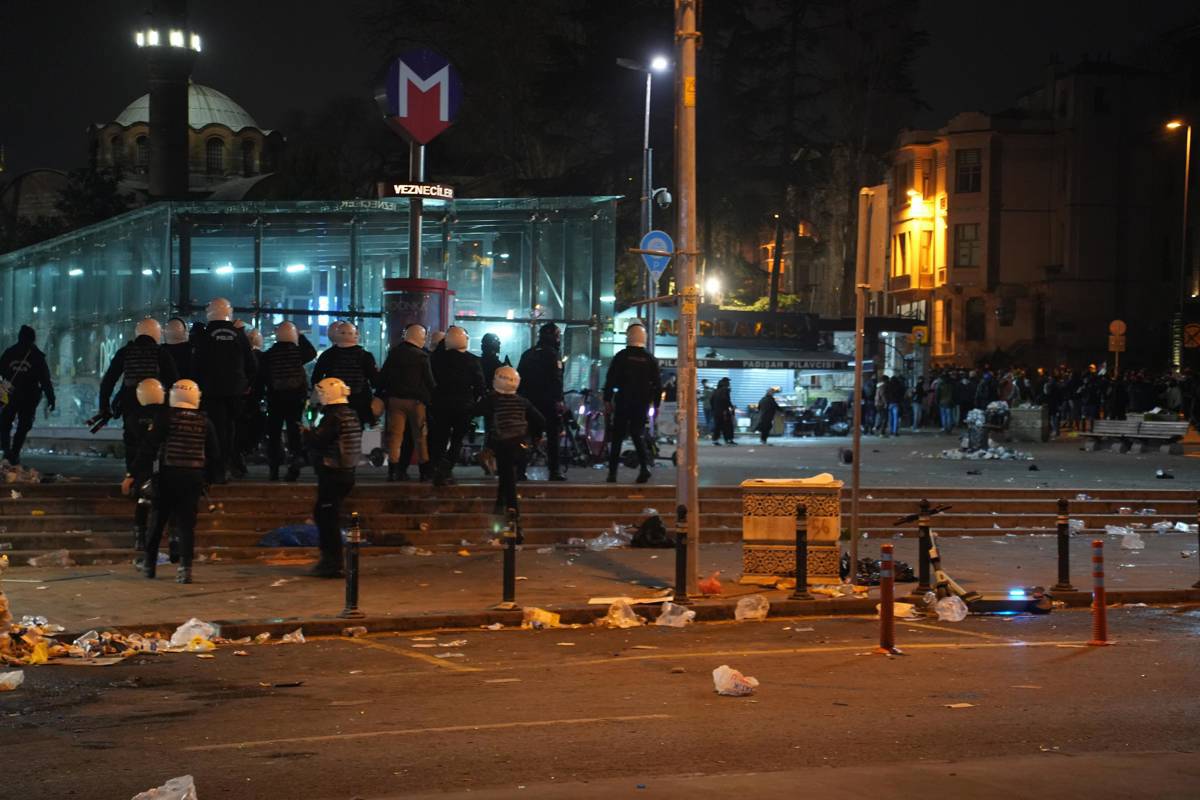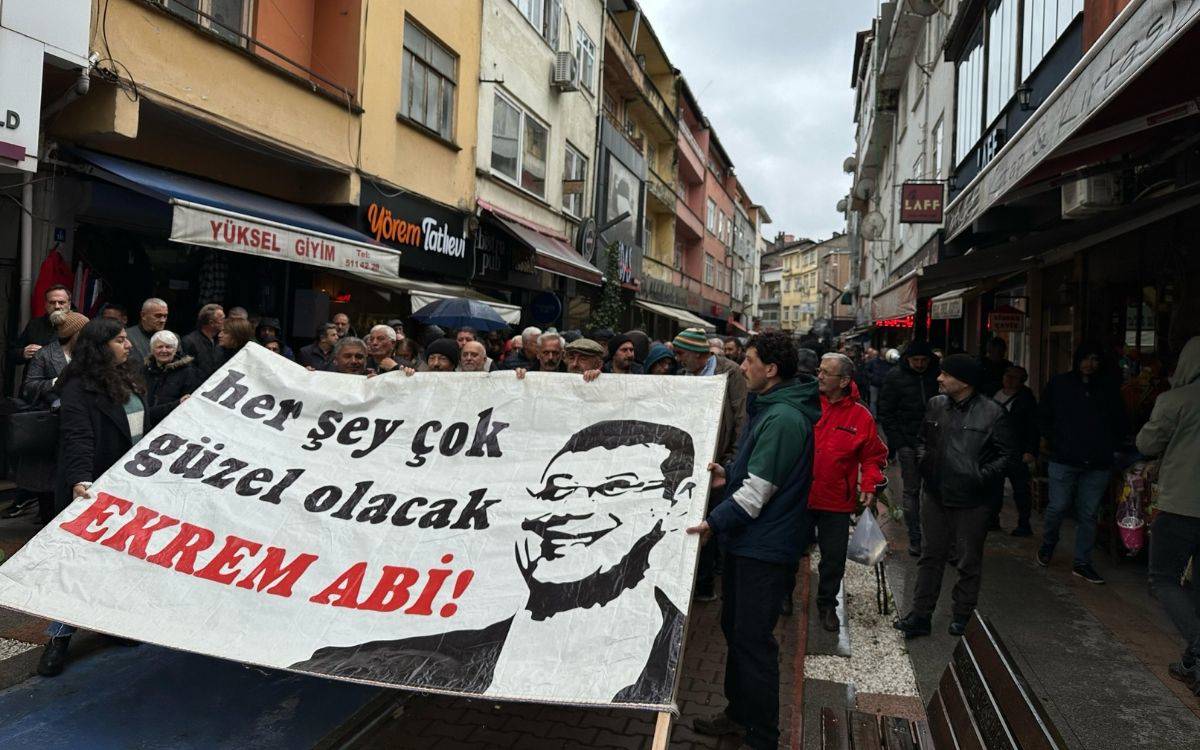Turkey’s opposition launches nationwide no-shopping boycott

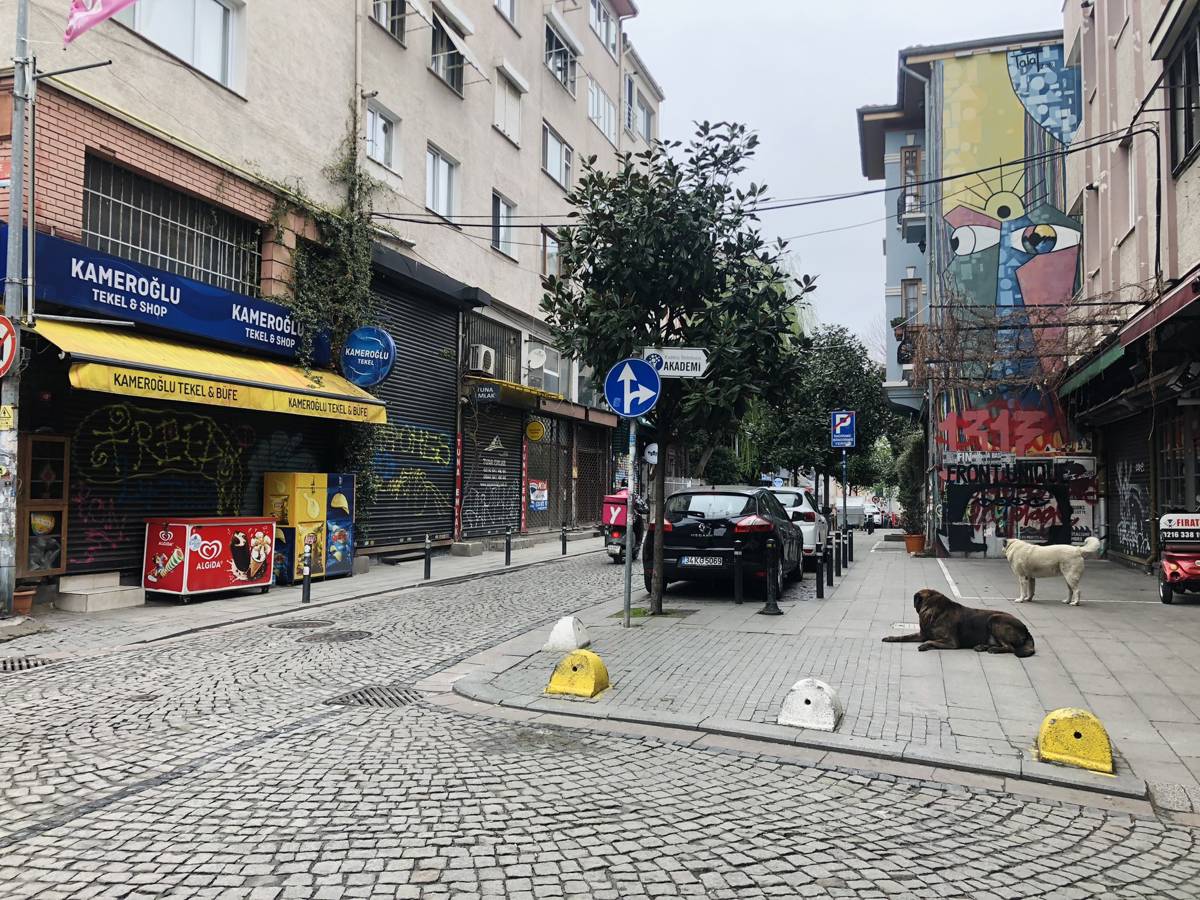
A wave of protests sparked by the detention of İstanbul Mayor Ekrem İmamoğlu has evolved into a nationwide consumer boycott campaign led by the main opposition Republican People’s Party (CHP).
The CHP, which had already been calling for a boycott of companies and media outlets with close ties to the government, extended its efforts today with a nationwide “no shopping day” across Turkey.
The campaign was originally initiated by student groups, which have been at the forefront of ongoing protests over the past two weeks. CHP leader Özgür Özel publicly embraced the call yesterday, posting a message on social media highlighting that 301 individuals, mostly students, remain behind bars due to the protests and are spending the Eid al-Fitr holiday in prison.
“I wholeheartedly support the consumer boycott launched by our youth in response to this injustice against students, mothers, fathers, and siblings,” Özel wrote. “I invite everyone to join this boycott and use the power they hold as consumers. The nation is the true owner of the state.”
The boycott calls for avoiding all forms of spending, including grocery shopping, fuel purchases, dining out, online shopping, and bill payments.
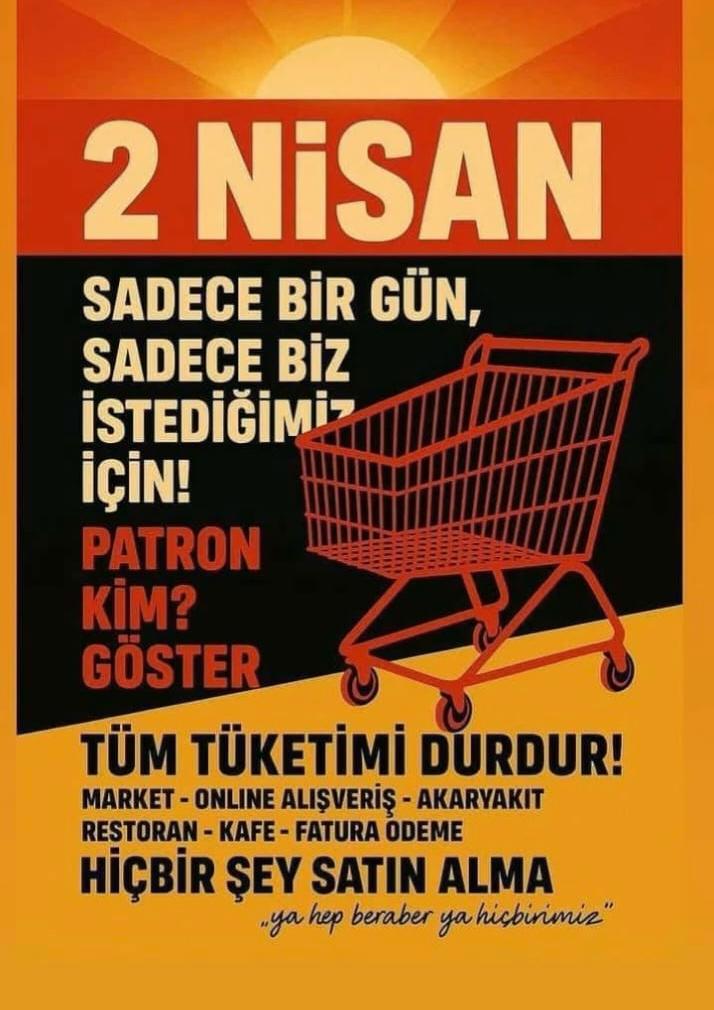
Mayor İmamoğlu, who was formally arrested on Mar 23 on corruption charges and declared the CHP’s presidential candidate after the party’s primary on the same day, has also supported the campaign. His lawyers have been posting his daily messages on social media from detention.
Small business owners have shown support in some areas, particularly in Kadıköy, a CHP stronghold in İstanbul, where many shopkeepers shuttered their stores in solidarity.
Nineteen publishing houses, including some of the country’s leading publishers, announced their support for the boycott, stating they would suspend all sales on Apr 2.
Recently, the CHP’s calls for boycotting pro-government companies led to the cancellation of performances by Norwegian singer Ane Brun and South African comedian Trevor Noah. Both events were organized by a company with alleged ties to the government.
A campaign is now underway urging the British rock band Muse to cancel its upcoming concert in Turkey for the same reason. DBL Entertainment, the event organizer, has since announced its withdrawal from all upcoming projects in response to the boycott pressure.
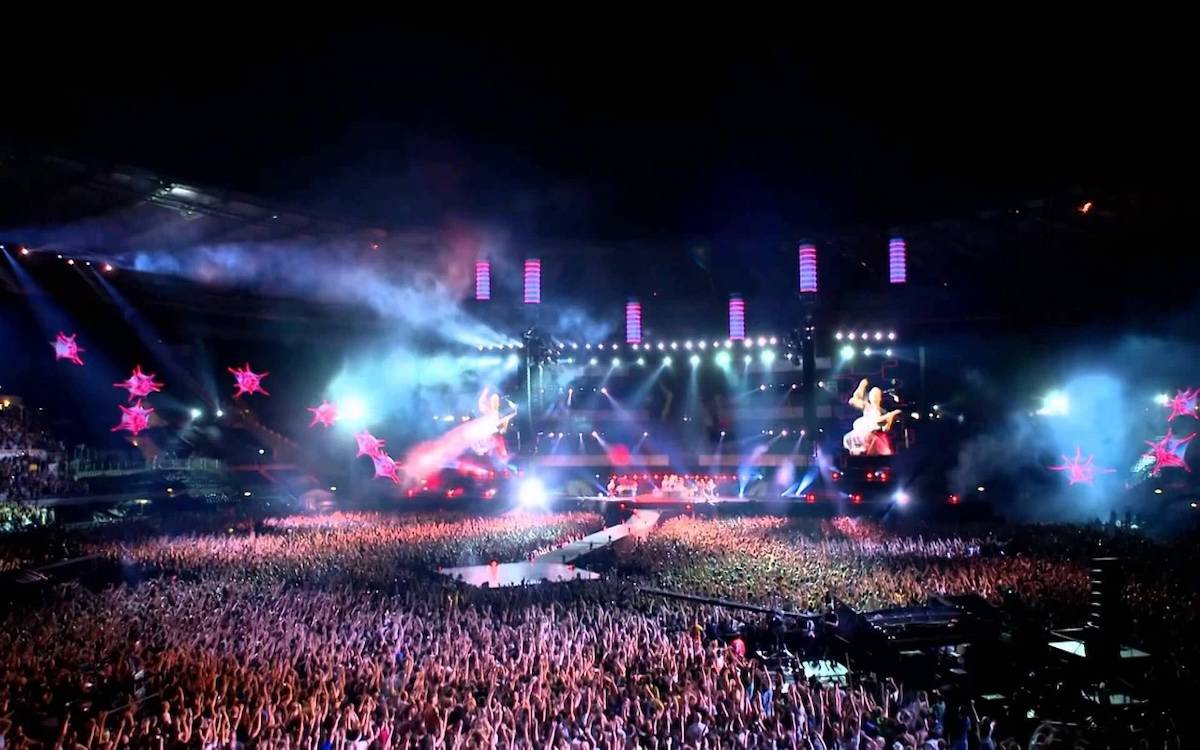
Opposition-led boycott in Turkey expands to int'l shows, Muse under pressure to withdraw
Reactions from the government
The İstanbul Chief Public Prosecutor’s Office has launched an investigation against individuals promoting the boycott, citing alleged crimes of “inciting hatred and discrimination” and “provoking enmity and hostility among the public.”
Government officials have condemned the campaign, viewing it as a threat to Turkey’s business environment. Trade Minister Ömer Bolat labeled the boycott “a sabotage against the economy and national will” in a written statement. He called on the public to increase their shopping activity on Apr 2 and visited local merchants himself, sharing photos of his purchases on social media.
Bolat also suggested that companies experiencing commercial losses due to the boycott could pursue compensation through legal channels.
Interior Minister Ali Yerlikaya alleged that the CHP's true aim was to incite domestic unrest and that “Israel is watching this with pleasure.”
The ruling Justice and Development Party (AKP) spokesperson Ömer Çelik accused Özel of “targeting Turkey’s social and political life just to protect his own leadership.”
Nationalist Movement Party (MHP) leader Devlet Bahçeli, a government ally, said, “Boycotting is a right, occupation is a crime."
Erdoğan’s past boycotts
In response to criticism, opposition figures have pointed to President Recep Tayyip Erdoğan’s own history of encouraging boycotts. Over the years, Erdoğan and senior government officials have called for boycotts of products from countries involved in diplomatic disputes with Turkey.
Since the Gaza war began on Oct 7, 2023, pro-government groups have been running boycott campaigns against various brands. Notably, Starbucks has been a target despite having no stores in Israel and not being boycotted by Palestinian groups.
Erdoğan also previously urged citizens not to buy iPhones during a diplomatic row with the US in 2018, when an American pastor was detained in Turkey. In 2020, he called for a boycott of French goods after French President Emmanuel Macron made anti-Islam remarks.
Last year, Erdoğan blamed supermarket chains for the skyrocketing food inflation and called for a boycott of those engaging in “price gouging.” He repeated similar remarks at the beginning of this year, urging citizens to avoid shopping at businesses that exploit consumers with high prices. (VK)




